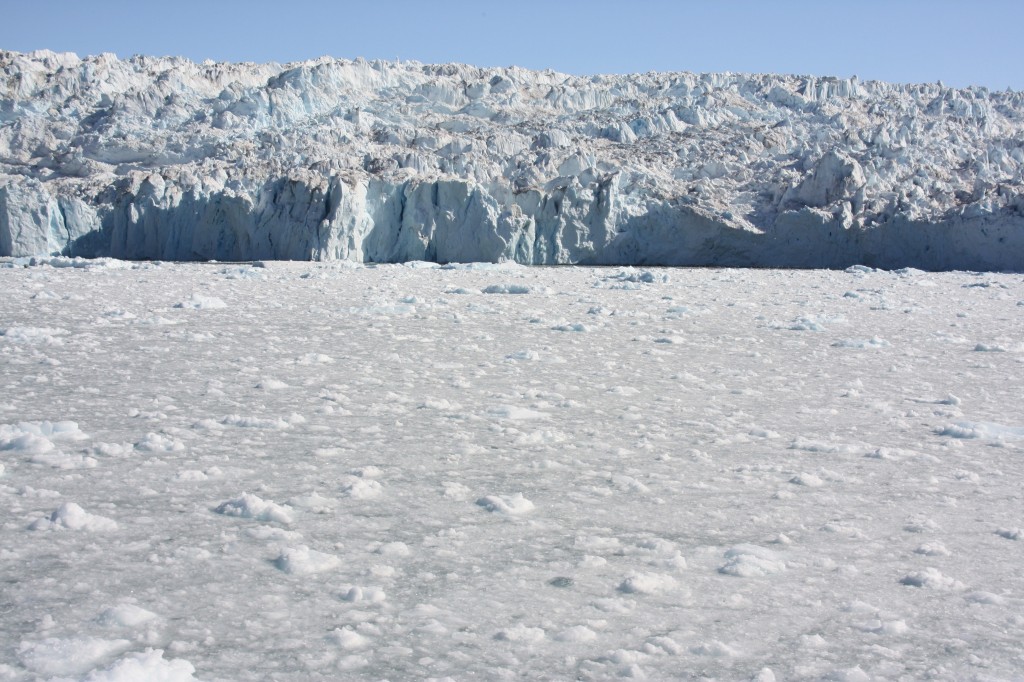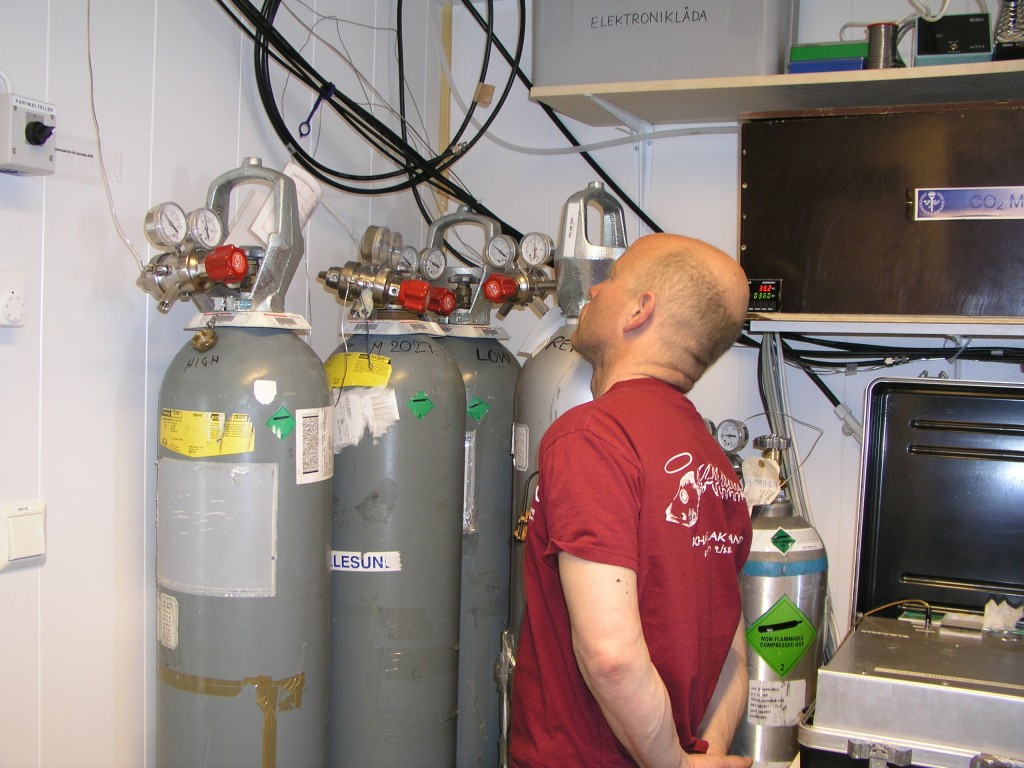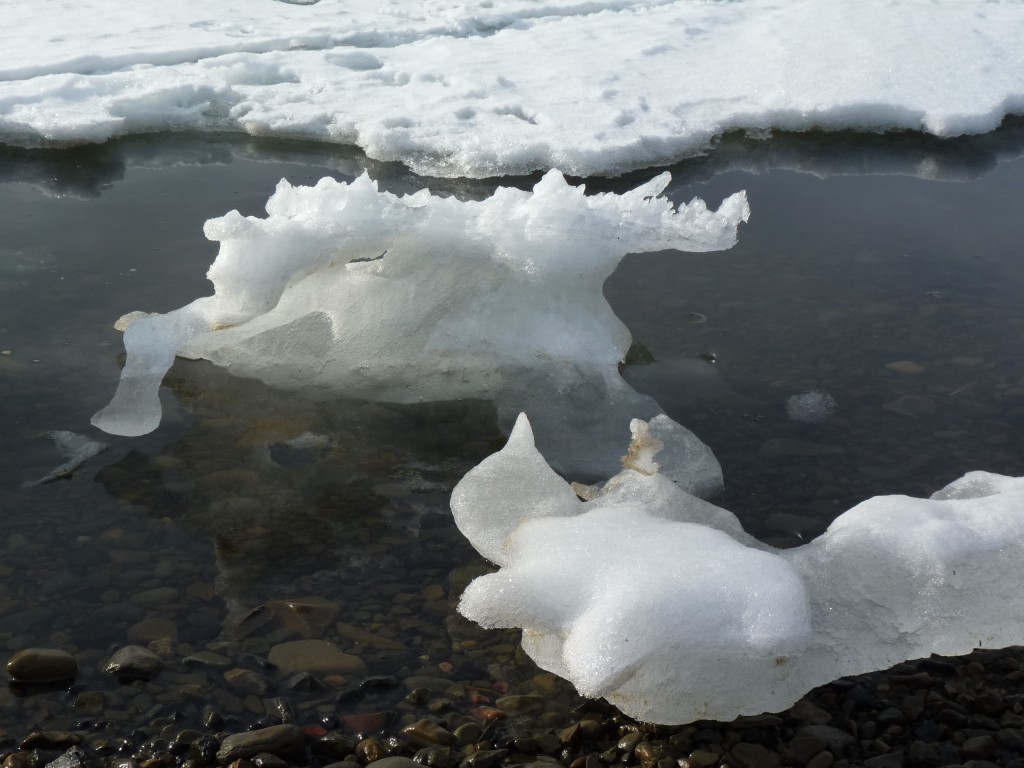Energy giant taken to German court for glacier melt
For the first time ever in Europe, a company is being sued for causing climate change.
Essen, in Germany’s famous Ruhr area, once the centre of the country’s industrial development, is the scene of a very interesting court hearing today. A Peruvian smallholder and mountain guide Saúl Luciano Lliuya is suing the German energy concern RWE. He says the enormous amounts of greenhouse gases emitted by the company are jeopardizing his family, his property and a large area of his home town, Huaraz. A lake which is growing rapidly as climate warming melts the glaciers above, is posing a major risk for the town in the Andes and its 120,000 residents.
Climate justice
The ngo Germanwatch, which works to end the north-south divide and is particularly active in advocating climate justice, is advising the farmer from Peru and supporting the court case, which is unprecedented here in Europe and sends out a key signal just days ahead of the Paris COP21.
LLiuya says Huaraz is at risk from flooding. He and his lawyer Dr. Roda Verheyen argue that the Essen-based company is to a large degree responsible for the melting of glaciers in the Andes, and so for the risk to his home, which is located in the valley below.
They want RWE to contribute to the funding of protective measures for the town. And they argue that the energy company’s share should be in line with the amount of responsibility it bears for causing global warming. If the claimants can prove their case, that would presumably be rather a large share.
“Every day I see the glaciers melting and the lakes in the mountains growing”, says Lliuya, in a statement published by Germanwatch. “For us in the valley, this is a huge threat. We can’t just wait and see what happens. For me it is clear that those who are causing climate change should be held responsible: companies all over the world, that change the climate with their greenhouse gas emissions”.
A test case to watch
Luciano Lliuya’s lawyer, Dr. Roday Verheyen, told journalists the case was a test case, without precedent: “ RWE emits especially through its coal-fired power stations. These emissions result in rising temperatures worldwide, melting glaciers and so jeopardize the property of my client”, she said in a statement distributed by Germanwatch. She appealed to the court to assert that RWE bears responsibility for counter-measures.
In late April, the company rejected a claim submitted directly to them.
The idea that climate change is responsible for the melting of glaciers will come as no surprise to Iceblog readers. The IPCC clearly makes the connection. But attributing the cause and financial responsibility to an energy company is not so easy, hence the significance of this case.
In the shadow of a melting ice giant
The town of Huaraz in Peru lies a few kilometres below the Palcacocha glacier lake. Since 2003, it has grown four times as big as it was before. Climate change is also increasing the risk of giant blocks of ice breaking off and tumbling into the lake. That could cause a catastrophic flood wave and metre-high flooding of the settlements below.
The authority responsible for civil protection has warned that this could happen at any moment. It says this is the most dangerous glacial lake in the region. To provide lasting protection against this risk, a new system would have to be built to continually pump off large amounts of water. New barriers would also have to be built around the lake.
A message to Paris
The chairman of Germanwatch, Klaus Milke, stressed the importance of the court case as a signal to the energy sector and the world’s politicians in the run-up to the UN climate conference in Paris.
“Emissions have to drop, so that we do not have an ever-increasing number of people put at risk by climate change. And those who cause these risks must bear the cost of protecting the people affected”, he told journalists.
He stressed it could not be left to individual victims of climate change – who are often very poor – to go to court for assistance:“Ultimately, we need a political solution, to make those who caused the damage take on the responsibility”, Milke added.
According to Germanwatch, RWE describes itself as the biggest single emitter of CO2 in Europe. A survey conducted in 2014 says the concern is responsible for around half a percent of all the greenhouse gas emissions worldwide since the industrial revolution. Although the company is still just one of many responsible for CO2 emissions, Saúl Luciano Lliuya is claiming the company for a “fair share” of the cost of measures to protect his town, around 20,000 euro. This is probably “peanuts” to a global operator like RWE, but it would be an important step. It would involve accepting responsibility for the impacts of emissions-induced climate change, and have potentially huge financial implications.
An interesting one to watch. Will this smallholder from Peru set the ball rolling which could knock the Goliath that is the global energy industry reeling?


















